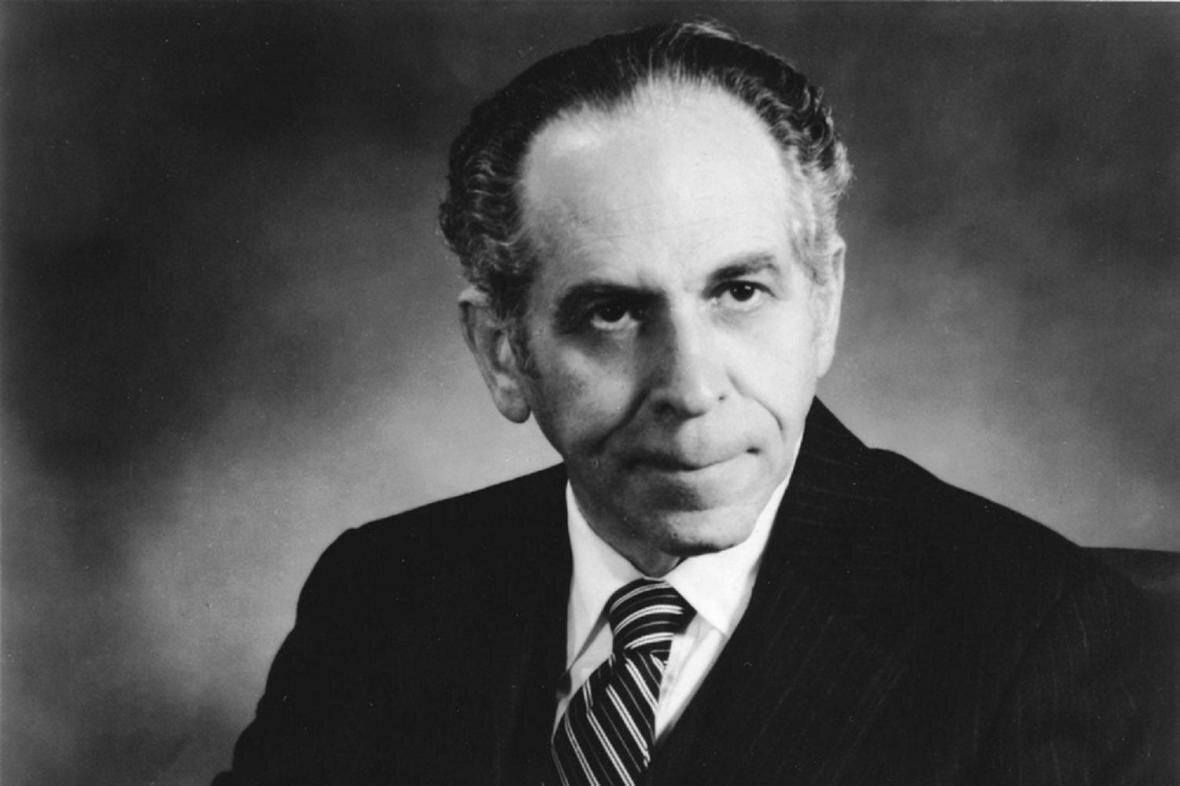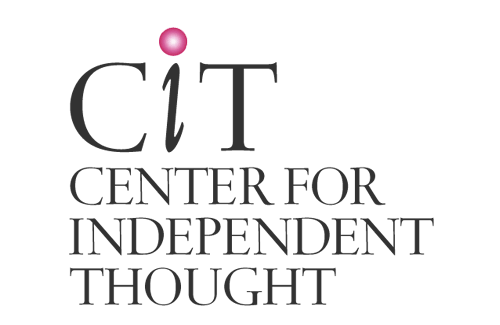
Past Award Winners
2020: Washington Post columnist, Radley Balko, received the general Szasz award for civil liberties, for his work on criminal justice, the drug war, and civil liberties. The professional Szasz award goes to Mario J. Rizzo, a professor of economics at New York University, and Glen Whitman, a professor of economics at California State University, Northridge. Their book Escaping Paternalism: Rationality, Behavioral Economics, and Public Policy was described by economist-blogger Bryan Caplan as “an unbelievably learned, thoughtful, fair, wise, and inspired critique of applied behavioral economics in general and libertarian paternalism (a.k.a. “nudge") in particular.”
A Lifetime Achievement Award is presented to Edward Snowden, a former U.S. Intelligence Community employee and whistleblower who in 2013 released, through journalists, documents that revealed warrantless mass surveillance of Americans’ telephone records, the government’s extraordinary level of access to the data of nine giant internet companies including Google and Facebook, and U.S. surveillance of phone calls by world leaders. To read the full press release, click here.
2017: Author David Ramsay Steele for his iconoclastic work on George Orwell, Orwell Your Orwell: A Worldview on the Slab, and as lead author of a book assessing the effectiveness of psychotherapies, Therapy Breakthrough: Why Some Psychotherapies Work Better than Others. He also wrote a major chapter on Dr. Szasz, "What Follows from the Nonexistence of Mental Illness?" in the new work on Szasz, Thomas S. Szasz: The Man and His Ideas (Routledge Publishers: 2017).
2016: UCLA law professor Richard Sander in the general category, for his work on questions of social and economic inequality. Cornell University associate professor Michael Fontaine, in the professional category, for his examination of the implications of Dr. Szasz's perspectives to his field.
2015: Journalist and TV show host John Stossel in the general category. No award was given in the professional category in 2015.
2014: No award was given in either category in 2014.
2013: Founder and president emeritus of the Cato Institute, Ed Crane, in the general category. Crane is an icon in the libertarian movement. Under his leadership, the Cato Institute grew to become one of the nation's most prominent public policy research organizations. No award was made in the professional category.
2012: No award was given in either category in 2012.
2011: Journalist Brian Doherty, a senior editor at Reason magazine, in the general category, for his many articles and book reviews in support of civil liberties and the work of Szasz in particular. Psychiatry professor Henry (Zvi) Lothane, Clinical Professor at Mount Sinai School of Medicine in New York, in the professional category, for his writing and publishing on the methodology of psychiatry and psychoanalysis.
2010: Psychologist and author Louis Wynne (professional category), for his many articles and book reviews on theoretical aspects of both general and clinical psychology. No award was given in the general category in 2010.
2009: George Mason University economist Donald Boudreaux (general category), whose prolific writing has extended beyond theoretical economics to explore in popular venues the virtues of individual liberty, including some of less popular forms. Psychologist Thomas Greening (professional category), a professor of psychology at Saybrook Graduate School in San Francisco, an institution dedicated to humanist psychology; a psychotherapist; and a family and marriage counselor.
2008: Legal scholar Robert A. Levy (general category), whose U.S. Supreme Court case led to the striking down of Washington, D.C.'s ban on handguns. Psychotherapist Phil Barker and counselor Poppy Buchanan-Barker (professional category), both of whom have made important and influential contributions to removing psychiatric care from the purview of medicine and repositioning it as a type of secular-spiritual, humane service.
2007: Former Soviet dissident Vladimir Bukovsky (general category), who spent years in psychiatric prisons for opposing the brutal communist regime and was one of the first to expose the use of psychiatric imprisonment against political prisoners in the USSR. Arizona physician and author Ross Levatter (professional category) for his contribution of many articles and reviews discussing and elaborating Szasz's critique of the "therapeutic state," the government's use of coercion in the name of health.
2006: Historian Robert Higgs (general category) for his work on the reasons and methods by which government grows and usurps liberty, particularly how the state creates and exploits fear in order to expand its power over its subjects. Psychologist-philosopher Robert Spillane (professional category) for his many year's of work in the fight against what Szasz calls the medicalization of moral behavior, as well as his campaigns against the mass drugging of children.
2005: Libertarian/feminist Joan Kennedy Taylor for her lifelong devotion to liberty. Brian Caplan, economist at George Mason University, whose recent paper, "The Economics of Szasz: Preferences, Constraints, and Mental Illness," restates Szasz's philosophy of human behavior in economic terms. The paper appeared in the journal Rationality and Society.
2004: Irving Louis Horowitz, has worked for several decades to develop a political sociology that can measure the extent of a society's personal freedom and State-sanctioned violence. Jacob Sullum, author, journalist, and winner of the general award, relentlessly defends the rights of consenting adults to consume even potentially harmful products, such as drugs and tobacco. He is a consistent champion of all civil and economic liberties.
2003: Ward Connerly, outspoken advocate of equal rights and opponent of governmental racial preferences, was selected for his achievements in reshaping the national dialogue on race in America, and moving the nation toward the ideal of a colorblind government. Anthony Stadlen, a London psychotherapist, was selected for his outstanding writing and teaching in the way of Thomas Szasz.
2002: U.S. Rep. Ron Paul of Texas, a tireless defender of individual freedom in all spheres during his long tenure in the U.S. House of Representatives. While his emphasis has been on economic freedom, he has also battled on behalf of personal privacy and civil liberties. Keith Hoeller, editor of the Review of Existential Psychology and Psychiatry, for his newspaper columns about the dangers posed to individual liberty by the mental-health laws.
2001: Renowned columnist and author Nat Hentoff for his vocal and unwavering defense of civil liberties, decrying, without partisanship, attempts to abrogate the Constitutional guarantees of free speech, privacy, due process, and equal protection under the law. Dr. Ron Leifer for championing Thomas Szasz's views on mental illness, liberty, and responsibility in his private practice as psychiatrist, in his writing and teaching, and in his psychiatric testimonies.
2000: Law professor George J. Alexander, for more than thirty years, has championed the application of Szasz's views on mental illness to the law, in his numerous publications, his teaching, and his lectures.
1999: Jeffrey Schaler, for his leading role in the development of secular, autonomous self-help groups for people with problems related to drug use. Chip Mellor and Clint Bolick of the Institute for Justice, for their litigation and cutting-edge constitutional work in favor of economic liberty, property rights, and school choice.
1998: Robert D. Kephart for his long-time support for liberty-oriented organizations.
1997: David Kopel and Paul Blackman for No More Wacos. Bettina Bien Graves for lifetime achievement.
1996: Philip Zimmerman for developing Pretty Good Privacy encryption software.
1995: James Bovard for "prolific writing about government abuses of individuals in their economic and personal lives." Julie Stewart for her work as founder of Families Against Mandatory Minimums.
1994: Professor Lord Peter T. Bauer for being "an eloquent champion of free markets and the rule of law around the world."
1993: Richard Vatz for promoting the work and ideas of Thomas Szasz.
1992: Richard A. Epstein for Forbidden Grounds and for a "lifetime of intellectual work on behalf of individual liberty and property rights."
1991: Karl Hess for lifetime achievement.
